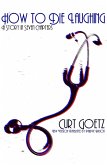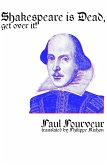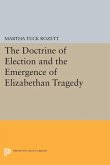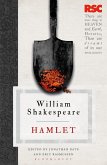William loves Anna and hates globalization. Anna does not care about globalization, for she is an actress - but she loves William, the strongest opponent of globalization here and now, as well as the writer from there and then: William S., you know who. He, in turn, is not loved by William. William and Anne struggle to find each other and fail. They do not escape their fate - fate as represented in the urge to change, fight against tradition, helplessness in front of injustice, pursuit of one's original dreams, necessity to redefine love, and burden of history. The play is a reconstruction of this story like after a stroke when everything is confused, when one must rebuild everything. It unfolds in fragments whereby a character tries to reconstruct what happened, why they got to that point. Many elements come up after a stroke, such as references from youth, memories from the past, and all that sort of things. It gets a bit mixed up. Due to Internet surfing, we are now thinking in networks. We link various information and build opinions. This mode of thinking allowed Paul Pourveur to find a new approach to the fragmentary form. He translates the reality as a proposition of possibilities, between determinism and indeterminism, where information is layered in nonlinear sequences, and creates several points of view, more reading choices. This leads to a dramaturgy like a cobweb, with thousands of connections towards various areas, where the theme seems to explode in a total event. Pourveur reflects on post-modern biographies and, in a sense, hangs them up to dry on the progress of a rather easy-going relationship. At the end, everyone is dead, and the author recommends for the last time: Live clean, think about the next one.
Dieser Download kann aus rechtlichen Gründen nur mit Rechnungsadresse in A, B, BG, CY, CZ, D, DK, EW, E, FIN, F, GR, HR, H, IRL, I, LT, L, LR, M, NL, PL, P, R, S, SLO, SK ausgeliefert werden.









